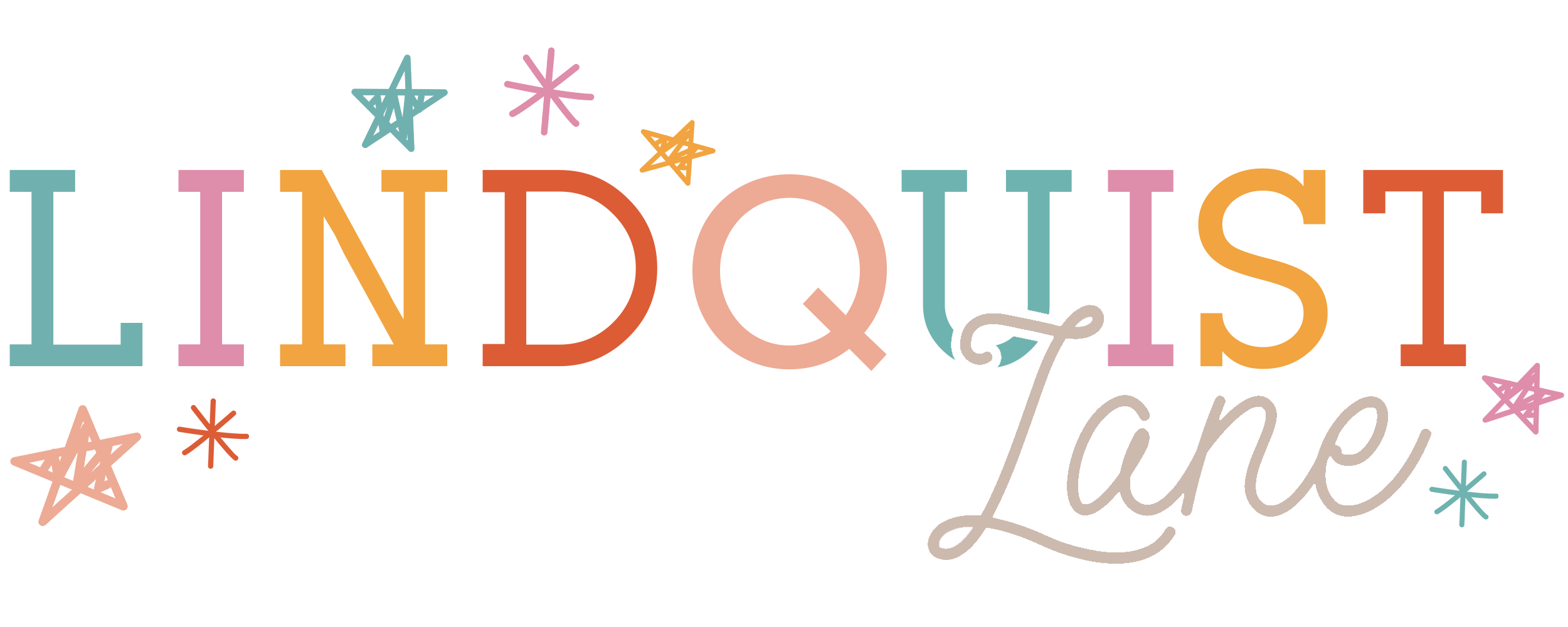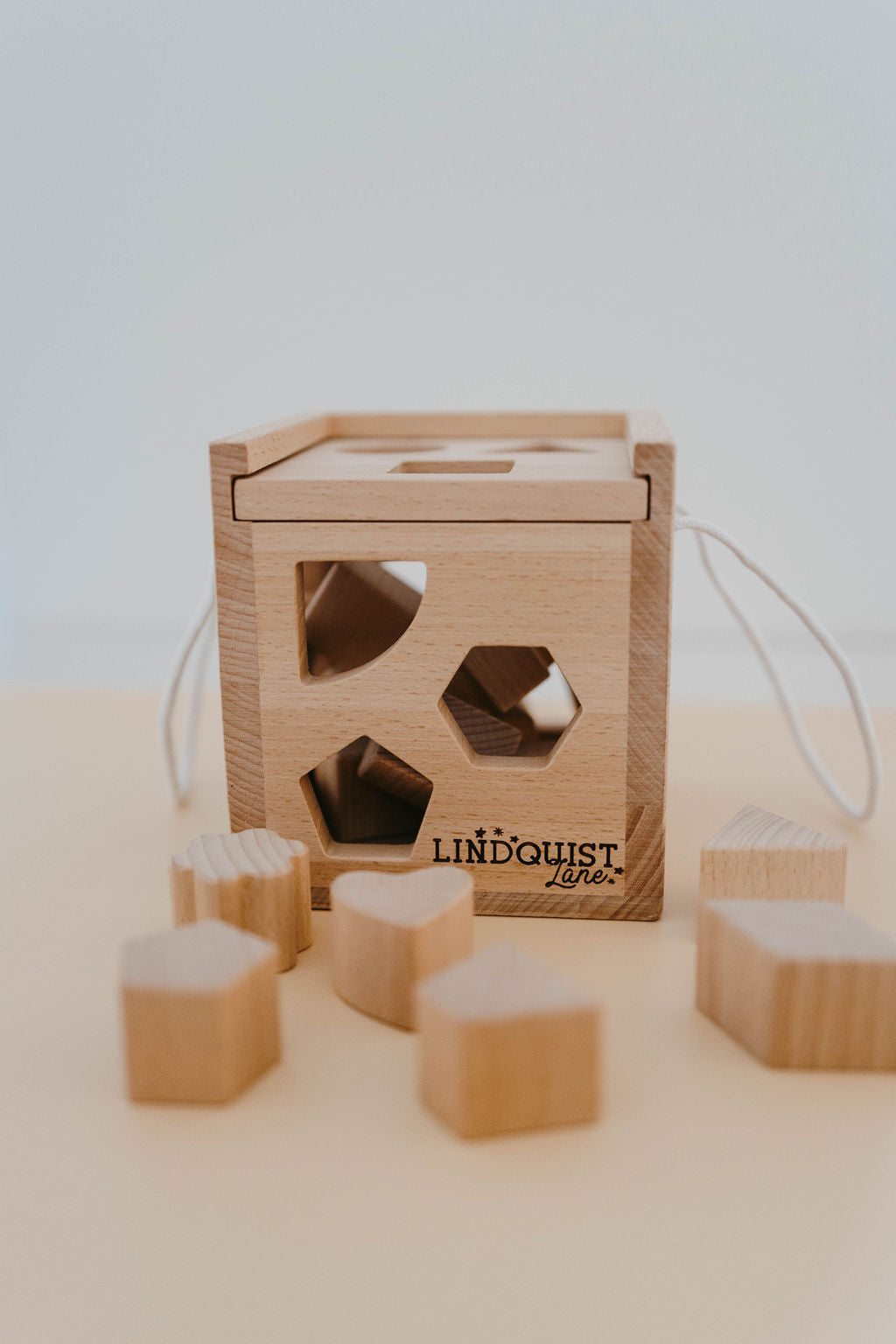Key Development Milestones
0-12 Months
Key Milestones of Play for 0-3 Months:
- Enjoys playful face-to-face interaction with people.
- Coos in response to playful interaction.
- Notices and responds to sounds.
Key Milestones of Play for 3-9 Months:
- Enjoys playful interactions with others, e.g. peek a boo.
- Is vocalizing in response to playful interaction.
- Turns head toward sounds.
- Maintains eye contact with familiar people during playful interaction.
- Enjoys playing with toys of varied textures.
- Enjoys musical toys.
- Raises hands to be picked up.
- Enjoys various types of movement, such as being gently swung.
Key Milestones of Play for 9-12 Months:
- Turns head in response to name being called.
- Points to objects of interest by 12 months.
- Enjoys playing and banging musical toys.
- Frequently explores the environment when placed on floor.
- Enjoys moving to get a desirable toy.
1-3 Years
Key Milestones of Play for 1-3 Years:
- Is interested in interacting with people (plays patty cake).
- Raises hands to be picked up.
- Maintains eye contact with people during playful interactions.
- Is interested in imitating others.
- Is able to locate objects you are pointing to.
- Enjoys banging and playing with musical toys.
- Enjoys playing with new toys.
- Enjoys exploring and playing at the playground.
- Enjoys swinging on playground swings.
- Enjoys sitting to look at or listen to a book.
- Is able to participate in messy activities that result in dirty hands.
3-5 Years
Key Milestones of Play for 3-5 Years:
- Play is now highly social and focused on peer relationships.
- The preschool age child participates in circle time, singing and dancing games, and art time.
- Group play replaces parallel play and the preschooler shows interest in being a friend.
5-7+ Years
Key Milestones of Play for 5-7+ Years:
- Fine motor control so that children will be able to hold a pencil and start writing.
- Engages with books and begins relating the story to their own life.
- Testing their physical abilities at the playground.
- Will keep trying if they don't get it right the first time.
- Imaginative play will become more planned and the story will continue over days.
- Enthusiasm for learning new things and using toys that relate to their learning.



